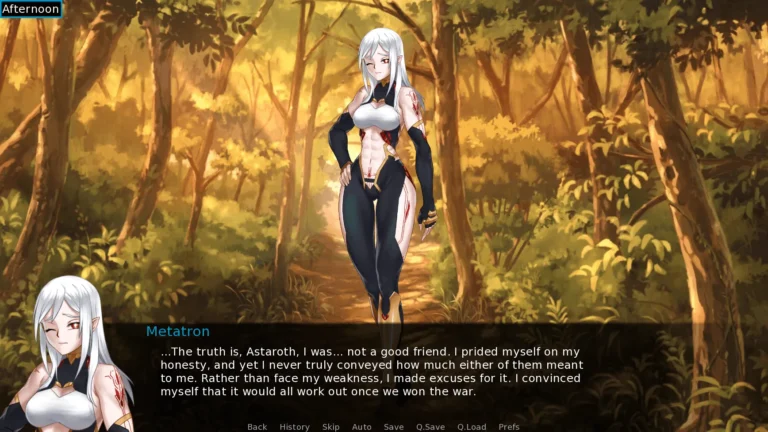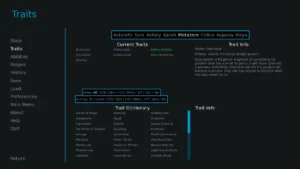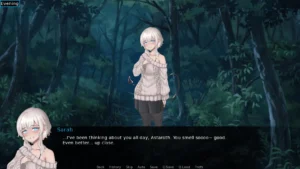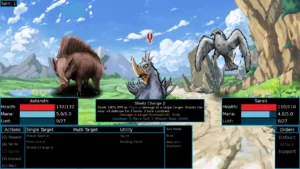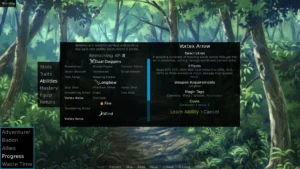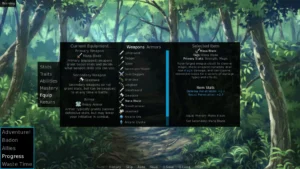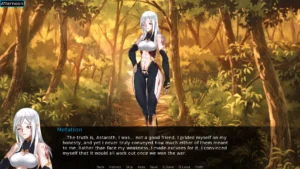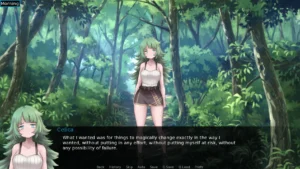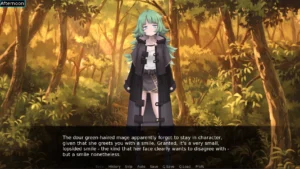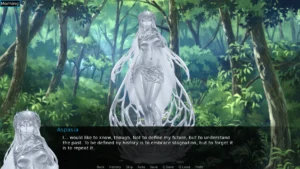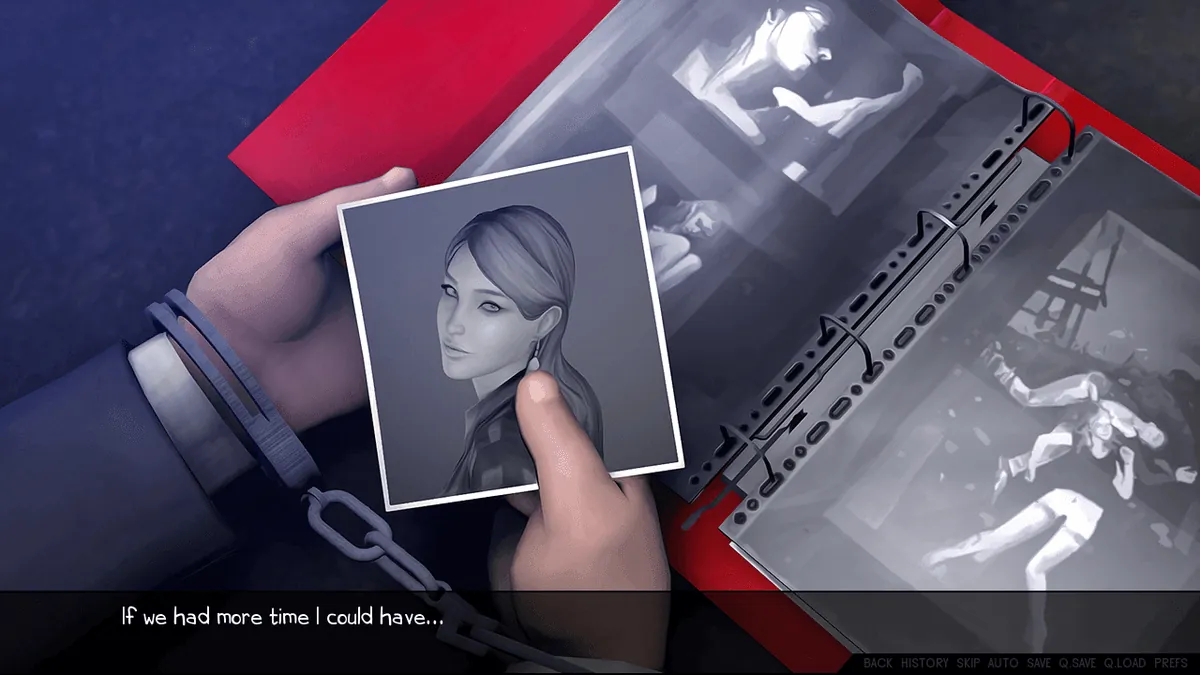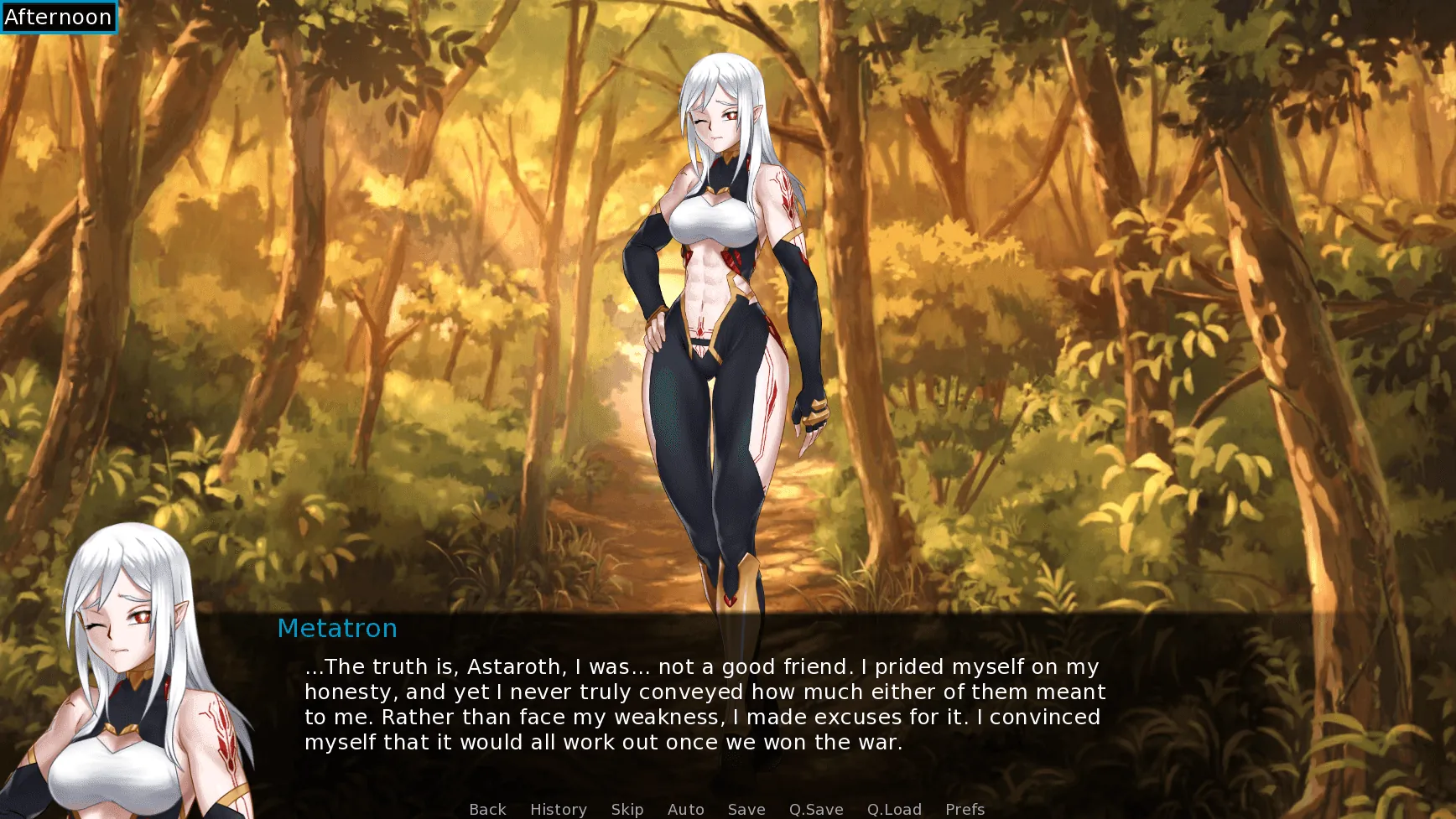
Divine Dawn
Play Divine Dawn
Divine Dawn review
Exploring the Gameplay, Story, and Unique Features of Divine Dawn
Divine Dawn is a distinctive turn-based RPG that combines engaging gameplay with an explicit narrative, creating a unique experience for players interested in story-driven adult content. This game stands out for its rich world-building, character development, and progressive gameplay mechanics, all wrapped in an erotic context that appeals to fans of mature-themed interactive storytelling. In this article, we’ll dive deep into what makes Divine Dawn a compelling choice for players seeking both strategy and narrative depth.
Gameplay and Mechanics of Divine Dawn
Let me tell you about the first time I truly got Divine Dawn gameplay. I was facing down a celestial beast, my party’s health bars were dipping dangerously low, and my usual “smash everything” approach was failing miserably. 😅 It was in that moment of near-defeat that the beautiful, intricate dance of its turn-based RPG mechanics clicked into place. This isn’t just another RPG; it’s a thoughtful, strategic, and deeply personal experience where every choice, both in and out of combat, carves your unique path.
Turn-Based Combat System Explained
The Divine Dawn combat system is what truly sets this game apart. Forget static menus and repetitive attack commands. Here, combat is a dynamic chess match played on a vibrant, living board. 🎲 Each character’s position matters, environmental elements can be manipulated, and the turn order is a resource you can actively influence.
I learned this the hard way. I’d positioned my tank, Kaelen, too aggressively, leaving my healer exposed. A single enemy ability later, and my healer was down for the count. That was my “aha!” moment. The game rewards foresight and punishes recklessness. You’re not just selecting “Attack”; you’re considering flanking bonuses, line-of-sight for spells, and how your action will set up your next party member’s turn.
The genius of these turn-based RPG mechanics is how they integrate with character abilities. A mage’s fire spell doesn’t just do damage; it can leave a burning patch on the ground that damages enemies who move through it on their turn. A rogue’s push-back ability can shove an enemy into environmental hazards or, even better, out of the protective aura of their ally. This creates a fantastic layer of tactical depth that had me pausing constantly to plot my next three moves. 🤔
Pro Tip: Always check the turn order bar at the top of the screen. Some abilities can delay an enemy’s turn or grant your party members an immediate action, letting you effectively “steal” turns and control the flow of battle.
To give you a clearer picture of how these systems interact, here’s a breakdown:
| Gameplay Feature | Mechanic Explained | Player Experience Impact |
|---|---|---|
| Positional Awareness | Characters gain bonuses for flanking or attacking from high ground, and many spells have area-of-effect templates. | Transforms the battlefield from a backdrop into a strategic puzzle. Encourages constant movement and situational awareness. 🧩 |
| Action Point Economy | Each turn, characters have a pool of Action Points to spend on movement, standard attacks, and powerful skills. | Fosters meaningful trade-offs. Do you use all your points for one massive attack, or spread them out for positioning and support? ⚖️ |
| Combo & Synergy System | Certain abilities from different characters can interact. For example, a water spell can douse a burning enemy for extra steam damage. | Rewards creative team composition and on-the-fly cooperation, making your party feel like a cohesive unit. ✨ |
Character Progression and Customization
If the combat is the brain of Divine Dawn, then the character progression Divine Dawn offers is its heart and soul. 👑 This is where you stop controlling generic heroes and start guiding the growth of your own unique band of legends. The level-up system is a dream for anyone who loves RPG customization options.
Instead of rigid class paths, you invest skill points into sprawling talent trees. My main character started as a swift duelist, but I gradually branched into shadow magic, creating a hybrid assassin-mage that perfectly suited my hit-and-run playstyle. The freedom is incredible. You can build a heavily-armored warrior who also specializes in healing hymns, or a nature priest who summons creatures to tank for them.
The gear system complements this perfectly. It’s not just about bigger numbers. A piece of armor might reduce the Action Point cost of a specific ability, while a weapon could apply a debuff that synergizes with another party member’s core skill. I spent hours in the menu just theory-crafting builds, and it never felt like a chore. It felt like I was solving a wonderful, personal optimization problem. 🧠
Key aspects of the progression system include:
* Modular Skill Trees: Unlock abilities in any order you prefer, allowing for highly specialized or well-rounded builds.
* Signature Abilities: Each character has a unique, game-changing ultimate ability that can turn the tide of battle when used strategically. 💥
* Equipment Synergy: Gear often has special effects that directly enhance specific skills or playstyles, making loot exciting and meaningful.
Balancing Strategy with Narrative Choices
This is where Divine Dawn ascends from a great game to a masterpiece. The strategy in Divine Dawn isn’t confined to the battlefield. Your most important strategic decisions are often the narrative choices RPG fans crave, made during dialogue and key story moments.
I remember a tense negotiation with a faction of desert nomads. I needed their help, but they were distrustful. The game presented me with multiple persuasion options, each tied to a different character skill. I could use my high “Lore” skill to appeal to their history, my “Intimidation” to demand compliance, or my “Diplomacy” to find common ground. The choice I made didn’t just determine the outcome of that conversation; it permanently altered my reputation with that faction, locking me out of certain quests while opening up entirely new ones. 😲
This creates an unparalleled sense of consequence. The Divine Dawn gameplay loop is a seamless blend of talking and fighting. A decision you make in a cutscene can determine which enemies you’ll face in the next dungeon, or even if you have to fight at all. In one playthrough, I managed to talk a major boss into surrendering simply because I had invested in the right social skills and uncovered a secret about their past. The feeling of victory was just as sweet as any hard-fought combat win.
This fusion is the source of the game’s immense replayability. My first playthrough was as a righteous hero who fought with honor. My second is as a cunning manipulator who uses poison and deceit. The narrative choices RPG system ensures that these two experiences feel like completely different games, with different allies, enemies, and resolutions to the core conflict.
Ultimately, the Divine Dawn gameplay experience is defined by this powerful synergy. Its deep turn-based RPG mechanics give you the tools for tactical mastery, its generous RPG customization options let you build your dream team, and its weighty narrative choices RPG system ensures that your strategic mind is engaged from the first dialogue to the final, epic confrontation. It’s a game that respects your intelligence and rewards your creativity at every turn.
Divine Dawn offers a compelling blend of strategic gameplay and rich storytelling within an adult-themed RPG framework. Its turn-based combat and character progression systems provide depth, while the narrative and world-building create an immersive experience that resonates with players. Although the visual presentation is currently evolving, ongoing updates promise to enhance the game’s appeal further. For those seeking a mature, story-driven RPG with meaningful choices and engaging content, Divine Dawn is a title worth exploring.
